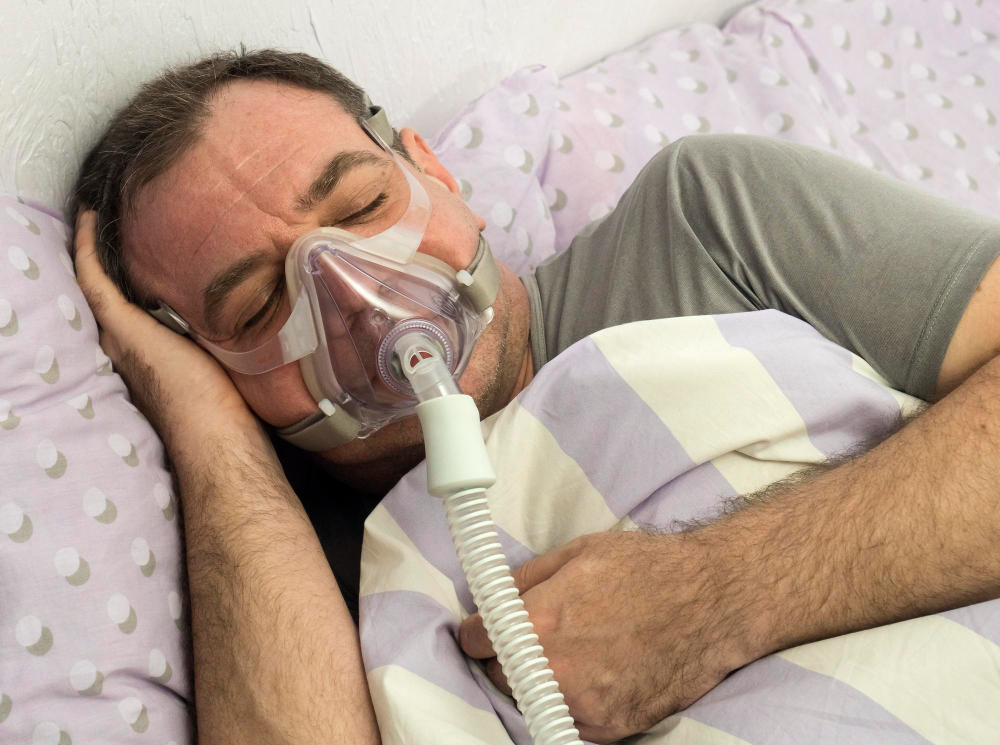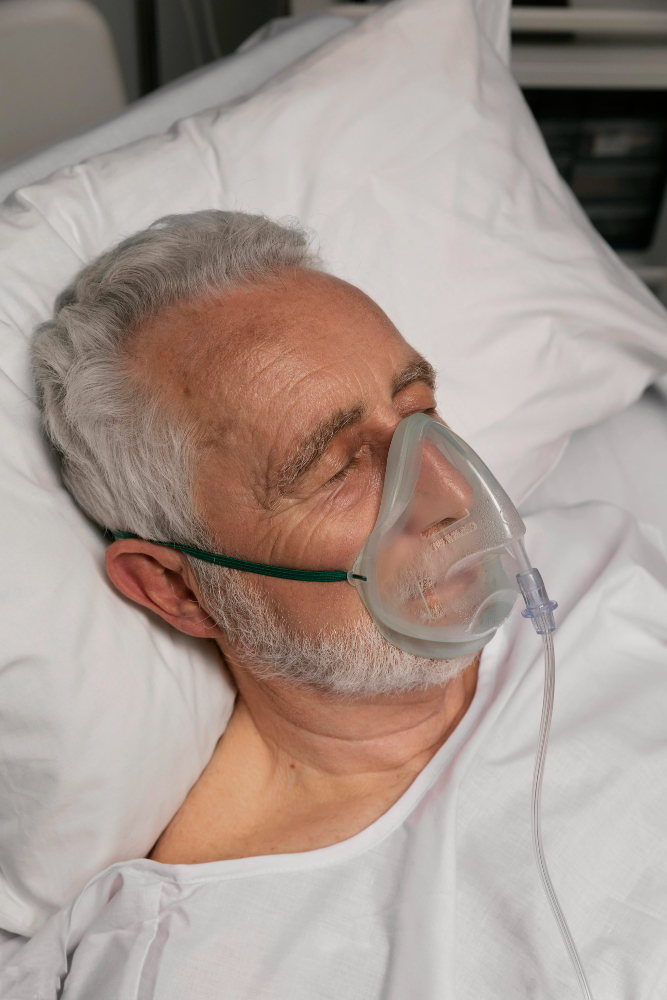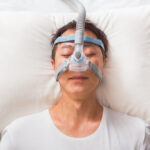Sleep is essential for our physical and mental well-being. But for millions of people worldwide, a restful night’s sleep is interrupted by a condition known as sleep apnea—a serious sleep disorder that often goes undiagnosed. Understanding sleep apnea, its symptoms, and its causes is crucial for timely treatment and long-term health.
What Is Sleep Apnea?
Sleep apnea is a sleep disorder in which breathing repeatedly stops and starts during sleep. These interruptions can occur hundreds of times a night, often without the person being aware of them. When breathing stops, the brain briefly wakes the person to reopen the airway, disrupting sleep quality even if they don’t fully regain consciousness.
There are three main types of sleep apnea:
- Complex Sleep Apnea Syndrome (Treatment-Emergent CSA): A combination of both obstructive and central sleep apnea.
- Obstructive Sleep Apnea (OSA): The most common form, caused by physical blockage of the airway, usually when the soft tissue at the back of the throat collapses.
- Central Sleep Apnea (CSA): Less common, CSA occurs when the brain doesn’t send the right signals to the muscles that control breathing.



Common Symptoms of Sleep Apnea
The signs of sleep apnea can vary depending on the type, but common symptoms include:
- Loud snoring (especially in OSA)
- Gasping or choking during sleep
- Excessive daytime sleepiness (hypersomnia)
- Morning headaches
- Irritability or mood swings
- Difficulty concentrating
- Waking up with a dry mouth or sore throat
- Insomnia or restless sleep
- Episodes of stopped breathing observed by another person
Many people with sleep apnea may not realize they have it, as the most telling symptoms occur during sleep.
Causes and Risk Factors
Sleep apnea can affect anyone, including children, but certain factors increase the risk:
Obstructive Sleep Apnea Causes & Risks:
- Excess weight or obesity
- Neck circumference (larger necks may have narrower airways)
- Narrowed airway (genetically or due to enlarged tonsils/adenoids)
- Family history of sleep apnea
- Use of alcohol, sedatives, or tranquilizers
- Smoking (can increase inflammation and fluid retention)
- Nasal congestion or sinus problems
Central Sleep Apnea Causes:
- Heart disorders (such as congestive heart failure)
- Stroke
- Certain medications (especially opioids)
- High altitude (can temporarily cause CSA)

Potential Health Complications
Untreated sleep apnea can lead to serious health issues, including:
- High blood pressure
- Heart disease and arrhythmias
- Type 2 diabetes
- Stroke
- Liver problems
- Complications with surgery and medications
- Poor mental health and reduced quality of life
When to Seek Help
You should consult a healthcare provider or a sleep specialist if:
- You or someone notices loud snoring or breathing pauses during sleep.
- You feel persistently tired, even after a full night’s sleep.
- You wake up gasping or choking.
- You have difficulty focusing, memory problems, or mood changes.
- You have risk factors like obesity, heart issues, or a family history of sleep apnea.
Early diagnosis through a sleep study (polysomnography) or home sleep apnea test (HSAT) is essential to confirm the condition and begin proper treatment.
Treatment Options
Sleep apnea treatment depends on the severity and type:
- Lifestyle changes (weight loss, quitting smoking, avoiding alcohol)
- CPAP (Continuous Positive Airway Pressure) therapy – the most effective for OSA
- Oral appliances to keep the airway open
- Surgery (for structural issues or severe cases)
- Medications and adaptive servo-ventilation (ASV) for CSA
Final Thoughts
Sleep apnea is more than just loud snoring—it’s a chronic condition that can severely impact your overall health. Recognizing the symptoms and seeking medical attention early can drastically improve your sleep, mood, and long-term wellness. If you suspect you or a loved one may have sleep apnea, don’t ignore the signs. Talk to a sleep specialist and take the first step toward better sleep and a healthier life.








